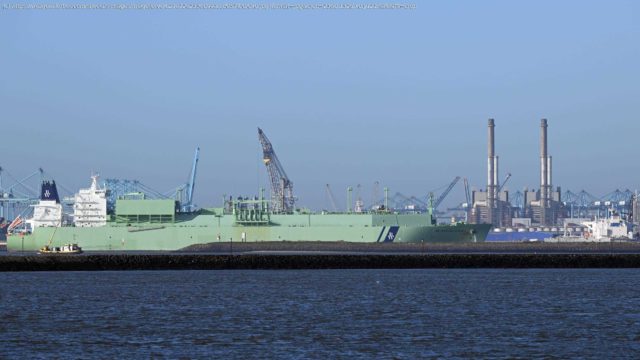The United States and Europe need to get serious about reducing demand for fossil fuels in the medium- and long-term while diversifying fossil fuel supply in the short term.
The world is watching anxiously as the conflict in Ukraine unfolds. While no one knows what the days ahead hold, there will no doubt be many lessons learned from this crisis. While some will take time to fully emerge, there is one that stands out already: Energy security, which has too often been overlooked as a priority for policymakers in Europe and the United States, requires new prioritization and a rethink. Europe’s excessive reliance on Russian natural gas and America’s excessive reliance on stable oil markets have both limited the West’s options in this crisis to the detriment of our collective security. To address this challenge, the United States and Europe need to get serious about reducing demand for fossil fuels in the medium- and long-term while diversifying fossil fuel supply in the short term. Such an approach requires balancing climate change goals with issues of national and economic security, but over the long run, is the surest path to making progress on all of these issues. This moment was predictable. European dependence on Russian natural gas supplies has been a recurring problem for decades. Russian-manufactured pricing disputes with Ukraine in 2006,2008, and 2009 led to winter supply disruptions that left Europeans out in the cold. Still, today, continental Europe relies on Russia for more than 40 percent of its natural gas supply— up from 30 percent in 2005. If anything, until recently, key European nations have been taking steps to deepen this dependence. Russia’s role in European gas markets pales in comparison to its role in global oil markets, a particular problem for the United States. The U.S. economy is less oil intense than it once was, but American motorists still depend on petroleum for 90 percent of their transportation needs.






